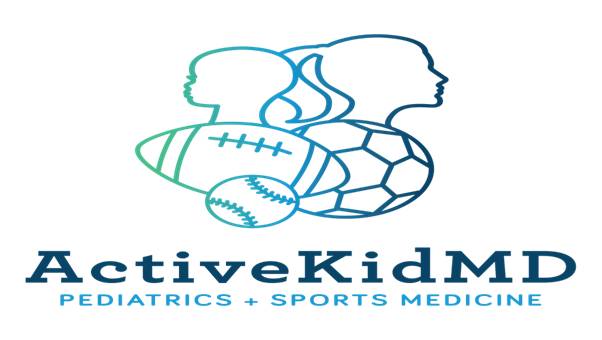NCAA says No to Padded Cap Use in Water Polo
Intrigued by the recent announcement from the NCAA Playing Rules Oversight Committee prohibiting the use of padded caps underneath water polo caps. The committee based its decision on the fact that, according to the NCAA Sports Science Institute, no scientific evidence supports the notion that padded headgear helps prevent concussions.
Have been asked several times by patients and families about using soft, padded caps or helmets to reduce potential for concussion in contact/collision sports such as soccer, water polo and volleyball.
While I commend the intent of trying to reduce injury risk, have been hesitant to endorse any product that doesn't have solid science to support use, or one that while appearing to reduce risk, might actually increase such risk.
Soft headgear or padded helmets have not been consistently shown to reduce the rotational forces about the brain that are thought to be primary contributors to concussive injuries.
How could they actually increase concussion risk?
- By wearing a this supposed protective gear, an athlete may opt to play more aggressively or even base a return to at-risk activity, but not receive a true aspect of risk reduction by wearing the device.
- My biggest concern- and this is from living in the real world and hearing talk like this straight from the athletes themselves- "I see someone wearing a helmet, it looks like a target." Who really wants to be putting themselves at risk without proper backup?
In the final analysis, until we obtain better information, I think this NCAA directive appropriately takes pressure off families and eliminates the discussion about "requiring" helmets as a criteria for returning or continuing to play.
